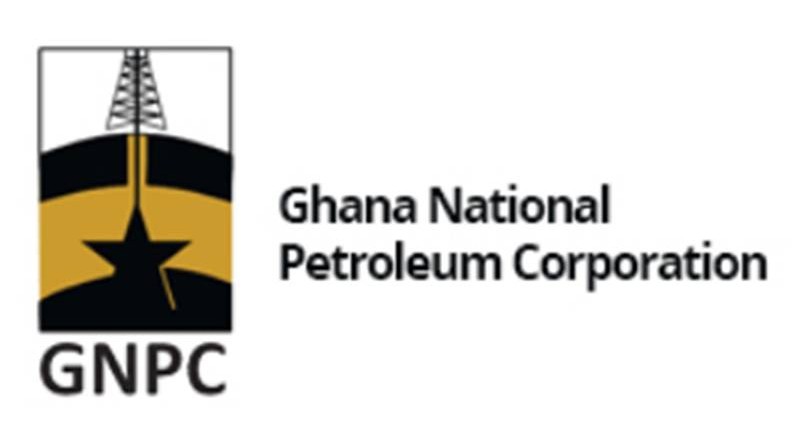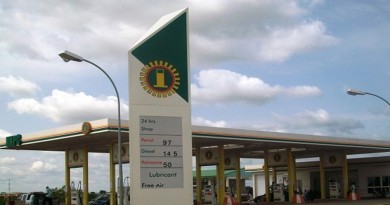Ghana first oil exploration licensing round attracts global majors
ATHENS, Dec 24 (Reuters) – Sixteen oil and gas firms have submitted applications for one or more of five Ghanaian offshore blocks in the West African country’s first exploration licensing round, its energy ministry said.
The interest is a major vote of confidence in Ghana, which is keen to unlock more resources after it began pumping from its flagship offshore Jubilee field in 2010.
The companies that have submitted applications are Tullow Oil, Total, ENI, Cairn, Harmony Oil and Gas Corporation, ExxonMobil, CNOOC , Qatar Petroleum, BP, Vitol , Global Petroleum Group, Aker Energy, First E&P, Kosmos, Sasol and Equinor.
The applications include expressions of interest in competitive bidding for three blocks in the Western Basin and for direct negotiations regarding another two blocks offshore Ghana, the energy ministry said in a statement.
“Τhe high level of interest shown by major International Oil Companies in our first licensing round is a vote of confidence in the Ghanaian economy,” Deputy Minister for energy in charge of petroleum, Mohammed Amin Adam, was quoted as saying.
A total of 60 applications were received, but two were invalidated as they were for a block reserved for Ghana National Petroleum Corporation.
Ghana currently produces 200,000 barrels of oil per day (bpd), with the Jubilee field producing about 100,000 bpd.
Some of the interested firms have already started boosting their presence in the country.
ExxonMobil, for example, recently signed a deal with Ghana to explore for oil in the Deepwater Cape Three Point offshore (DWCTP) oilfield.
Aker Energy AS, controlled by Norwegian billionaire Kjell Inge Roekke, agreed in February to buy Hess Corporation’s Ghana unit in a $100 million deal, gaining access to a 50 percent stake in the deepwater Tano Cape Three Points block.
The block holds an estimated 550 million barrels of oil equivalent in contingent resources and potential for a further 400 million barrels.
Ghana wants to be a petroleum hub for West Africa. It has drawn up plans to build four refineries of about 150,000 bpd each in the next 12 years.
Ghana oil refinery, the Tema Oil Refinery, processes about 25,000 bpd of oil, far below its capacity. (Reporting by Lefteris Karagiannopoulos; Editing by Mark Potter)




